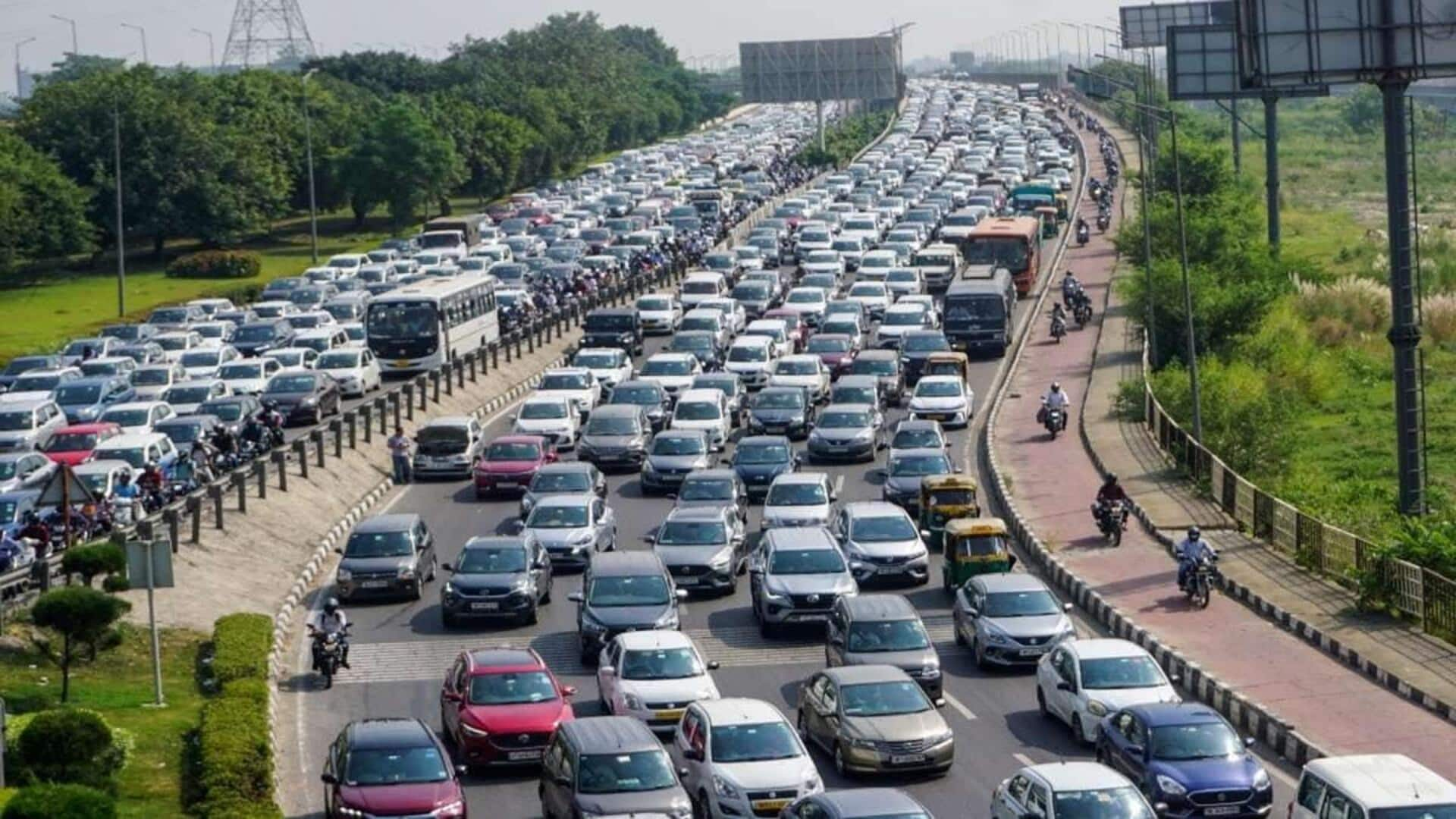
New fuel efficiency norms may hike car prices in India
What's the story
The Bureau of Energy Efficiency (BEE) in India has proposed new Corporate Average Fuel Efficiency (CAFE) rules, which could lead to a rise in car prices.
The regulations necessitate automakers to slash carbon emissions by a third over the next three years, adhering to the CAFE 3 and CAFE 4 standards.
These standards set limits at 91.7g of CO2/km and 70g of CO2/km respectively, based on the World Harmonised Light Vehicles Testing Procedure (WLTP).
Market changes
Stricter standards to impact vehicle pricing
The implementation of these rules will result in higher car prices.
This comes after a 30% price rise that followed the transition to Bharat Stage VI emission norms in 2020.
An industry executive emphasized the difficulty of creating low-emission vehicles that are also affordable for buyers.
"The challenge is not only to develop a vehicle which meets the stringent CAFE 3 and CAFE 4 norms, but also to price it such that there are buyers for them," they stated.
Stakeholder consultation
BEE invites industry feedback on proposed norms
The BEE has invited industry stakeholders to provide their feedback on these proposed norms by the first week of July.
After this time, the BEE will review the inputs and finalize the guidelines.
The CAFE 3 norms are scheduled to take place from April 2027.
In a slight concession for automakers, BEE has extended the transition period to CAFE 4 norms, from three years to five years.
Transition extension
Extended transition period for CAFE 4 norms
The extension for the transition period to CAFE 4 rules is designed to allow enough time for product planning, development, and investment.
However, after March 2027, fuel consumption readings are expected to be higher when calculated under WLTP, compared to the Modified Indian Drive Cycle (MIDC).
The CAFE norms apply to a firm's entire vehicle production within a financial year.
Non-compliance with these limits will result in monetary penalties, compelling manufacturers to produce more fuel-efficient vehicles.
Penalty details
Penalties for non-compliance outlined
As per the proposal, if the average fuel efficiency of cars retailed by a manufacturer exceeds the limit by up to 0.2-liter/100km, the penalty will be ₹25,000 per vehicle.
If it crosses by more than 0.2-liter/100km, the penalty will rise to ₹50,000 per vehicle.
This regulatory push underscores the Indian government's commitment to reducing carbon emissions and promoting green mobility.